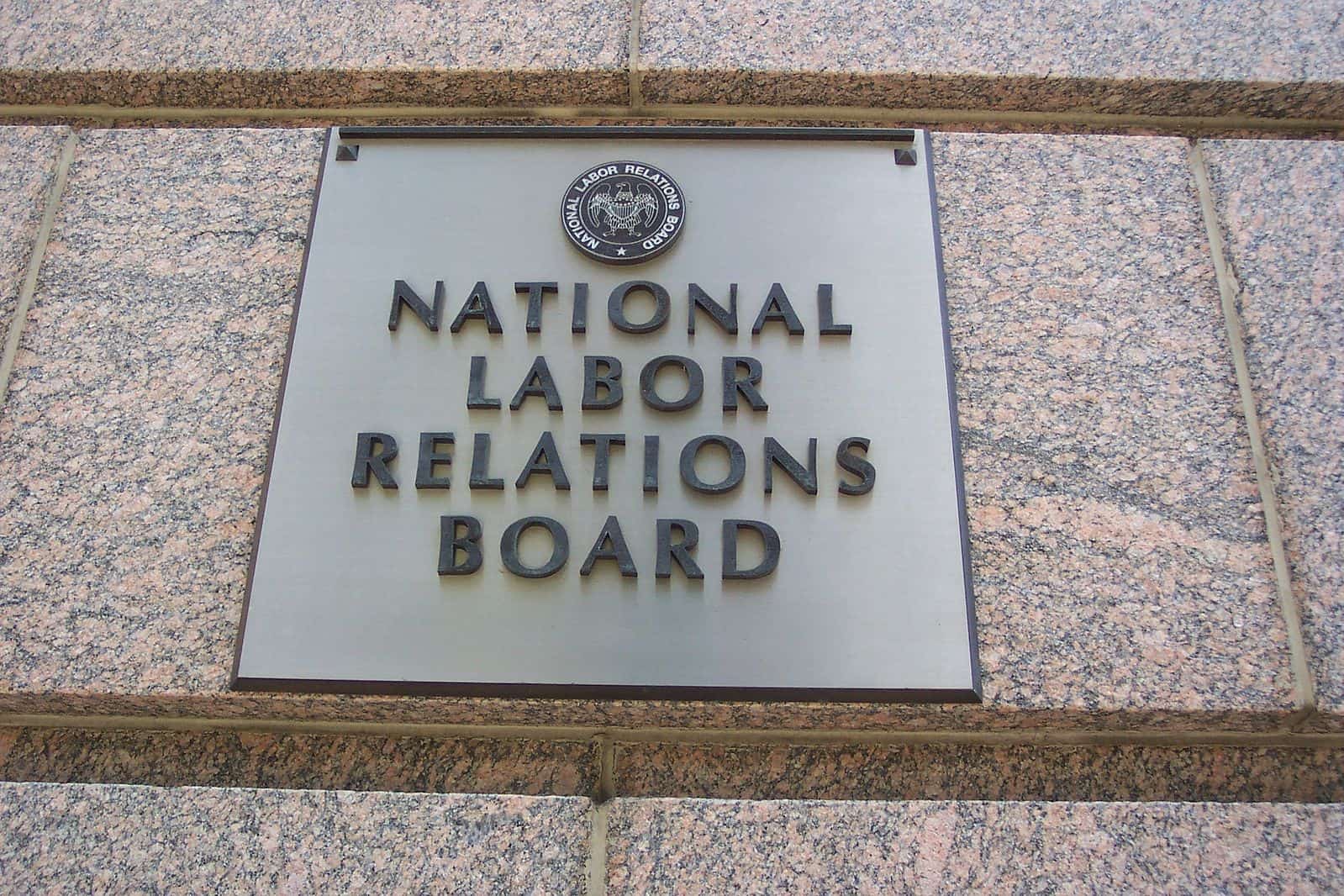
Fred Messner is a student at Harvard Law School.
Bloomberg Law reported this morning that the Inspector General of the National Labor Relations Board concluded that former Board member William Emanuel violated federal law by “failing to monitor investments that created disqualifying conflicts of interest in five cases.” Emanuel, a career management-side lawyer, was appointed to the Board by Donald Trump in 2017 and served until late August of 2021. Although the Inspector General did not allege that Emanuel intentionally sought to profit from his participation in the five cases, “hundreds of emails and financial documents” obtained by Bloomberg “show that his conduct despite repeated warnings created at least the possibility of self-enrichment.” Although the Department of Justice declined last year to press criminal charges, the Board has deemed Emanuel’s conflicts serious enough to reconsider decisions in at least four of the five cases. The fifth case, which has not been disclosed, may also be reopened in the future.
Elsewhere, the campaign to organize workers at Google’s parent company, Alphabet Inc., notched its first victory on Friday when workers at Google Fiber voted 10-1 to join the Alphabet Workers Union (AWU), which is an affiliate of the larger Communications Workers of America. The workers are directly employed not by Alphabet, but by BDS Connected Solutions, a staffing subcontractor based in Kansas City. Google has sought to downplay the significant of the union vote on that basis, explaining that it has “many contracts with both unionized and non-union suppliers.” Nevertheless, the union has indicated its designs on building power to bargain collectively not just against subcontractors, but against Alphabet itself. In the BDS organization campaign itself, the union initially sought to designate Alphabet as a joint employer but chose not to engage in a “protracted battle” when the company resisted inclusion. With organizing momentum building, it may not be long until the AWU finds the right litigation vehicle to take the fight directly to Google.
Finally, The New York Times reported this morning on upcoming contract negotiations between the International Longshore and Warehouse Union (ILWU) and a group of 29 ports along the West Coast of the United States. The Times’ article follows a long-form analysis of the “brew[ing]” dispute in The American Prospect last month. The current contract covers more than 22,000 workers, almost 75% of whom work at the ports of Long Beach and Los Angeles, and is set to expire at the end of June. After that, the Times suggests, the future is uncertain. Ongoing economic dislocation driven in part by “traffic jams” at ports could give workers additional leverage against port operators fearful of further disruption. But tenuous conditions could also cut in the opposite direction, as the union may be loath to bargain aggressively for additional gains if the public would—rightly or wrongly—perceive their efforts as exacerbating economic pain. The union plans to open contract discussions in May.






Daily News & Commentary
Start your day with our roundup of the latest labor developments. See all
July 15
The Department of Labor announces new guidance around Occupational Safety and Health Administration penalty and debt collection procedures; a Cornell University graduate student challenges graduate student employee-status under the National Labor Relations Act; the Supreme Court clears the way for the Trump administration to move forward with a significant staff reduction at the Department of Education.
July 14
More circuits weigh in on two-step certification; Uber challengers Seattle deactivation ordinance.
July 13
APWU and USPS ratify a new contract, ICE barred from racial profiling in Los Angeles, and the fight continues over the dismantling of NIOSH
July 11
Regional director orders election without Board quorum; 9th Circuit pauses injunction on Executive Order; Driverless car legislation in Massachusetts
July 10
Wisconsin Supreme Court holds UW Health nurses are not covered by Wisconsin’s Labor Peace Act; a district judge denies the request to stay an injunction pending appeal; the NFLPA appeals an arbitration decision.
July 9
the Supreme Court allows Trump to proceed with mass firings; Secretary of Agriculture suggests Medicaid recipients replace deported migrant farmworkers; DHS ends TPS for Nicaragua and Honduras